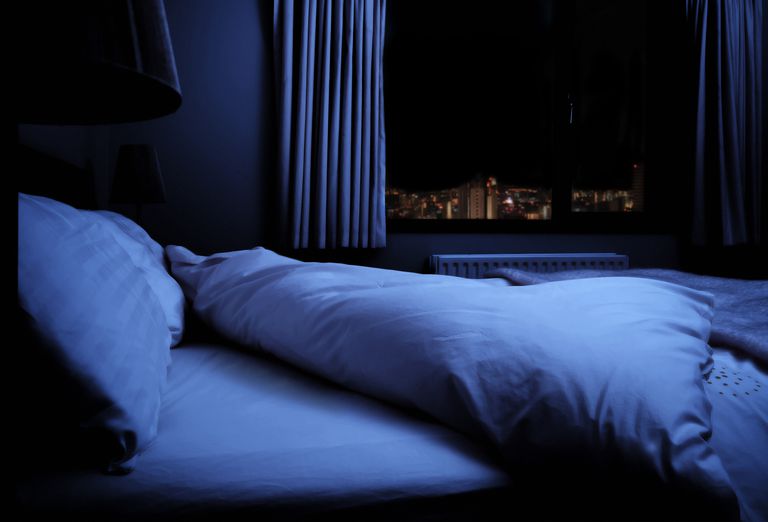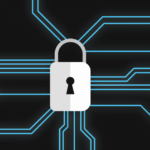In China, as the new strain of coronavirus, commonly referred to as COVID-19, reached its peak, less than half of medical personnel experienced sleep-related insomnia, lasting for up to a few days, according to a new study released in the journal Frontiers in Psychiatry.
The study is considered to be the first of its kind aimed at psychological distress caused by the coronavirus. Researchers began probing participants in China’s hard hit areas on January 29th up until February 3rd, 2020. A total of 1,563 participants received self-administered questionnaires through the WeChat social networking site.
“We aimed to investigate the prevalence rate of insomnia and to confirm the related social psychological factors among medical staff in hospitals during the COVID-19 outbreak,” wrote the study’s co-authors in their findings.
Among the participants recruited online included frontline medical personnel at the heart of the pandemic. Upon receiving the questionnaires, they were instructed to answer questions regarding the presence of any symptoms of depression, anxiety, and insomnia.
“We used a logistic regression analysis to examine the associations between sociodemographic factors and insomnia symptoms,” the co-authors stated.
Using their approach, the results pointed to a significant amount of medical personnel who reported exhibiting insomnia during the course of the pandemic. More than 36 percent of the participants reported sleep disturbances — a number very similar to previous research findings at the time of the 2002–2004 SARS outbreak.
In the findings, researchers also uncovered higher instances of depressive symptoms reported by the personnel who experienced insomnia, compared to the non-insomniacs.
The most crucial factor contributing to the episodes of insomnia was strong uncertainty and lower educational attainment, the findings showed.
“Our study found that more than one-third of the medical staff suffered insomnia symptoms during the COVID-19 outbreak. The related factors included education level, an isolation environment, psychological worries about the COVID-19 outbreak, and being a doctor,” the co-authors concluded.
“Interventions for insomnia among medical staff are needed considering the various sociopsychological factors at play in this situation.”
Some strategies recommended by researchers for coping with the sleep-related adversities include Cognitive-Behavioral Therapy for Insomnia (CBTI), an approach involving the restructuring of thoughts and actions leading to the onset of sleep disturbances.
“CBTI may improve patients’ self-efficacy and confidence in controlling their sleep problems and is recommended as a first-line treatment for acute insomnia in adults,” researchers stated in the findings,
“Treatment guidelines should be updated to reflect our findings. Understanding the problems found in the insomnia group can help hospital administrations with effective mental health education and training among medical staff.”


